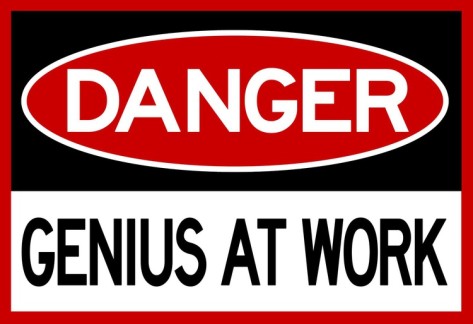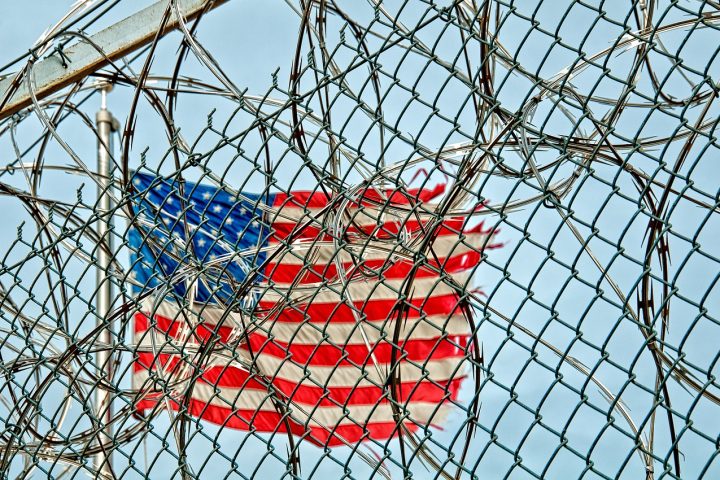By: Marco Roca
Science is the unquestioned driver of prosperity. Whether it is with highly developed agricultural techniques, the steam engine, cutting edge military weaponry, or computer technology, the most scientifically advanced nations have always come out on top. Any nation behind in technology is behind in strength and security. Regrettably, the United States’ education system is currently among the poorest performing in math and science of all developed countries. However, despite having maintained our educational mediocrity for some time, the United States is still considered the world’s hegemon by economic and military power. While many credit our continued success to the theory of “American Exceptionalism,” what makes America a force to be reckoned with is its unique ability to attract the best and brightest minds worldwide. The government realizes this as well, and one of the primary reasons the United States has maintained its global lead is the H-1B visa.
The H-1B visa is perhaps the United States’ best-kept secret, and it has been our ultimate recruitment tool since its introduction in 1990. In its most simplistic form, the H-1B Program is a specialized “genius visa.” The program allows foreign recipients and their immediate families the opportunity to come to the United States for three years, with the possibility of extension to six years. In certain scenarios, such as with some of the program’s most valuable workers in the Department of State, recipients are allowed to stay for up to ten years. There are traditionally 65,000 given out annually (with an additional 20,000 reserved for graduates of United States institutions), and a United States employer must sponsor potential recipients. Finally, current law requires that recipients hold at least a bachelors degree and that the United States employer sponsor can find absolutely no American suitable for the job.
Since its inception, the program has continued to flourish and has more applicants and recipients each year. Despite only legally allowing 85,000 visas to go out every year, 117,409 H-1B visas were distributed through loopholes in 2010 alone. Microsoft, IBM, and Oracle were all in the top 10 United States companies by the number of H1-B visas granted, accounting for several thousand each. Other venerated technological ventures such as Google, Intel, Qualcomm, Amazon, and Yahoo can be found on the top recipients list as well. Even elite financial, accounting, and management consulting firms such as Goldman Sachs, Ernst and Young, and McKinsey crack the top 100 list of recipient employees, showing that the H-1B has broad economic implications that go beyond just technology. Many of the United States’ finest universities have followed suit as well, with Harvard, Yale, Stanford, and Columbia all in the top ten university recipients. Considering the impact these foreign born egg-heads are having on some of the United States’ proudest institutions, it’s no wonder that the cap for this year has already been increased to 110,000, with talks of extending it to 180,000 per year.
As with almost any law, the H-1B program is not without its detractors. One primary concern among critics is that the program is thought to rob United States citizens of important high-tech jobs. Therefore, the aforementioned stipulation of the program stating that there be no Americans available to take the job in question has been challenged several times over. However, it is assumed that American companies wouldn’t go through all the trouble and paperwork if the jobs they are using H-1B recipients for didn’t demand the absolute highest levels of specialization. In fact, it is widely accepted that these H-1B residents create entirely new industries that often employ more Americans than the number that could have possibly been looked over for jobs they didn’t get. Thus, it is important to be aware of the fact that over 50 percent of Silicon Valley is foreign born, and that immigrants started 52 percent of Silicon Valley’s technology companies. 25 percent of the United States’ global patents and 47 percent of science and engineering workers with PhDs are immigrants as well. Even if certain companies were founded by famous American technology titans like Jeff Bezos, Steve Jobs, Bill Gates, and Larry Ellison, much of the essential work behind the scenes is performed by H-1B recipients. Furthermore, foreigners have indeed started many other proud U.S. companies such as Google, Yahoo, eBay, and Intel. It has even been speculated that with no H-1B, the American monopoly over technological innovation would be impossible.
Another common criticism is that H-1B recipients are underpaid and are subjected to modern-day indentured servitude. However, all recipients are granted basic worker’s rights and benefits such as paid vacation, sick days, and maternity/paternity leave. Workers are also typically rewarded quite handsomely for being the only people in the nation who can successfully perform their jobs. Actually, it isn’t uncommon for workers to come to the United States with the intention of making as much money as possible and then returning to their country of origin with a king’s ransom. Perhaps more importantly, recipients of the H-1B build a personal and professional network and develop skills they don’t have access to anywhere else in the world. Many of these immigrants return to their home countries with these new talents and kick-start industries there. The Indian city of Banglore is a prominent example where previous H-1B recipients have helped develop the rest of the world; its most common nickname has become “the Silicon Valley of India.” Therefore, the H-1B clearly benefits its recipients and the world outside the United States.
The H-1B program has been so instrumental to American dominance of the science and technology realms that a new startup visa for foreign entrepreneurs to start businesses in the U.S. and a new merit-based visa with 250,000 yearly recipients are both currently being considered by Congress. Thus, let there be no doubt that the program is widely viewed as a success and that its recipients are in high demand. For the past two decades, top talent has immigrated to the United States to innovate, be around other intellectuals, and to get rewarded financially for their contributions. Much as with recruiting for an all-star team, the United States has been the fortunate recipient of the prosperity inherent with the brain drain of other nations into the United States. Perhaps the country’s greatest advantage is the American ideal that “the squeaky wheel gets the grease.” There is no telling how bright this nation’s future will be if it continue to foster critical and creative thinking domestically while offering opportunities like the H-1B visa for the world’s best to innovate alongside this country’s own citizens.


